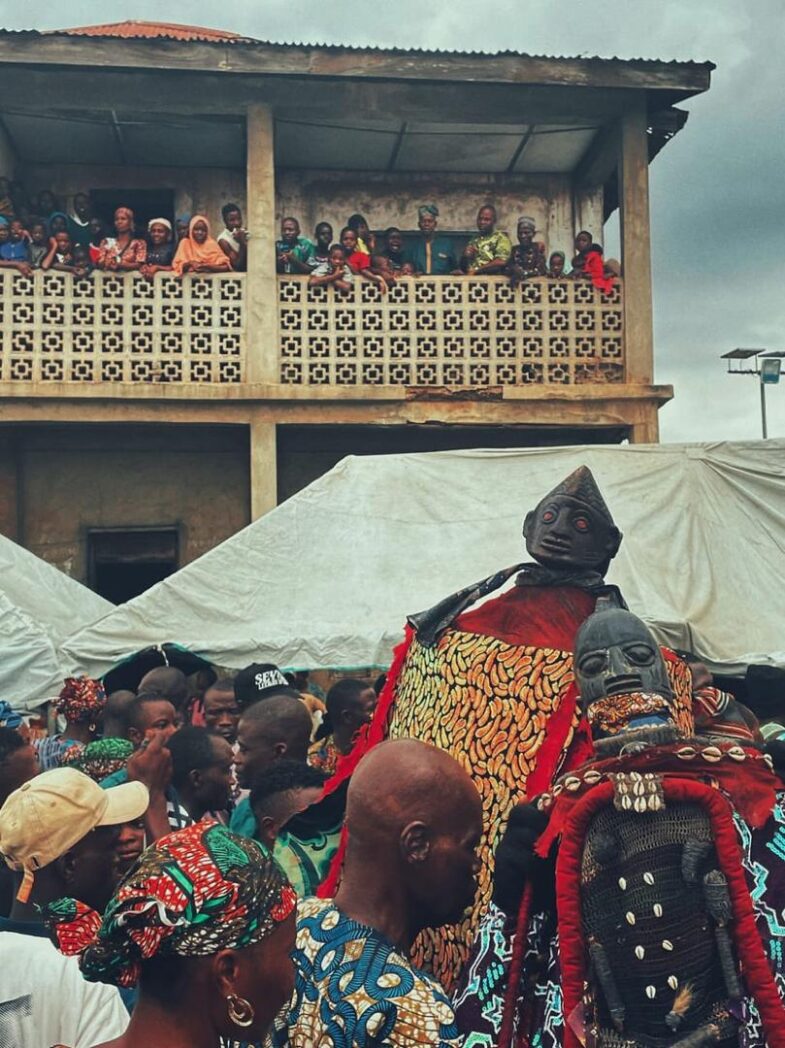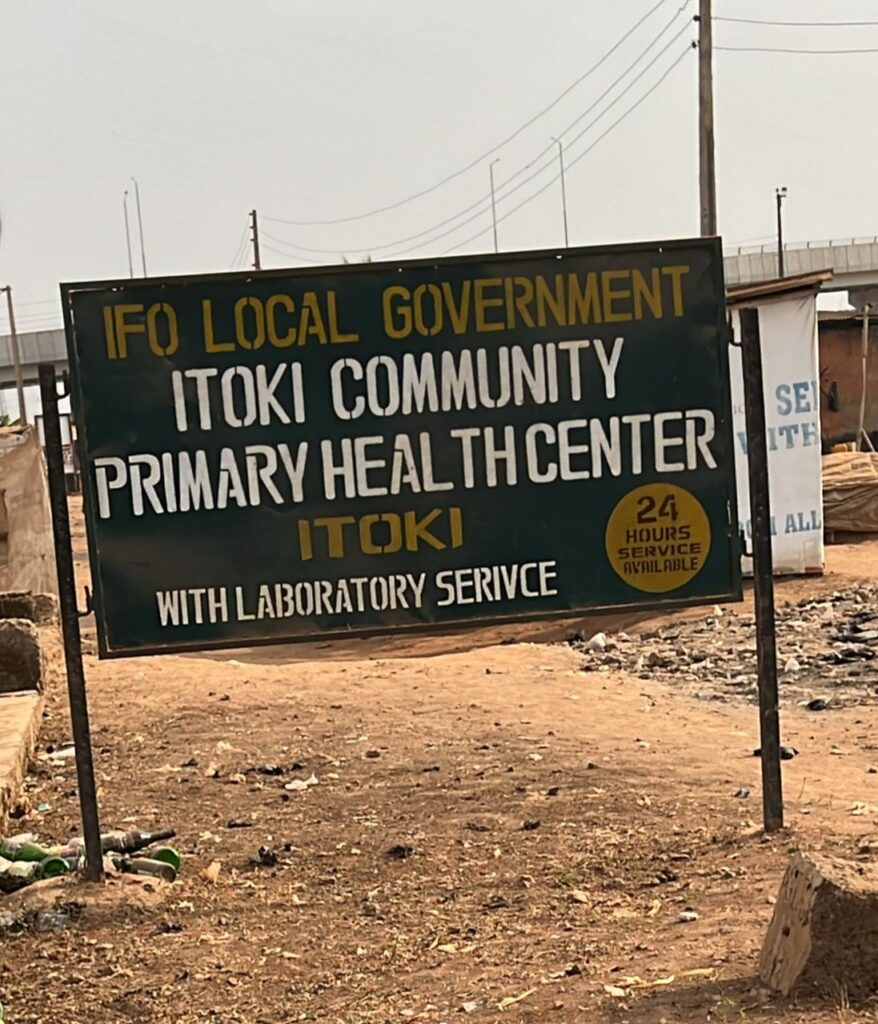
Barbaric rituals persist in Ogun State: The untold agony of the Akinola Akinbo descendants
By Our Correspondent
Deep in Itoki village near the Itoki Railway Station in Agbado, Ifo Local Government Area of Ogun State, Nigeria, an annual spiritual festival shrouded in secrecy and controversy takes place every second week of December each year. This event, organised by the descendants of the late warrior Akinola Akinbo, is meant to honour age-old traditions but has left a trail of grief, pain, and unanswered questions.
Our correspondent, who witnessed the festival firsthand, observed the jubilation of villagers marking the occasion. However, behind the festivities lies a grim reality—a series of harrowing rituals performed exclusively on male children of the Akinola Akinbo lineage.
A dark side to tradition
According to a villager who spoke on condition of anonymity, these rituals involve brutal acts including maiming, starvation, tribal markings, and incisions on the boys’ heads. These practices, said to determine the child’s legitimacy and future destiny (“Akosejaye”), have claimed the lives of many innocent children.

“Mothers have watched their sons go into the shrine alive, only to be carried out lifeless,” the villager recounted with deep sorrow. The informant revealed that all male descendants—regardless of anywhere they reside in Nigeria—are forcibly brought to the shrine for the rites.
Tragedy and silence
In one chilling account, a child brought from Lagos for the ritual reportedly died during the process. The grieving mother, who sought justice by contacting the police, was met with indifference.
“The police dismissed it as a family and traditional affair,” the villager said.
Tragically, the mother was found dead the next day under mysterious circumstances, and her burial was rushed. The deaths of both mother and child remain uninvestigated to this day.
A cry for help
The anonymous source, a 65-year-old villager, expressed despair over the government’s inaction.
“This has been happening for as long as I can remember, and no one has stopped it,” she lamented.
Despite the trauma it inflicts on families, the ritual continues unabated, with local authorities and security agencies turning a blind eye.
A call for justice
The ongoing practice raises urgent questions about human rights and the role of the government in safeguarding its citizens from harmful traditions. While cultural heritage is valuable, it should never come at the cost of human lives.
As this dark tradition persists, one thing is clear: change is long overdue. It is time for the government, law enforcement, and human rights organisations to intervene and put an end to these barbaric practices. No child—and no parent—should ever endure such suffering in the name of tradition.




